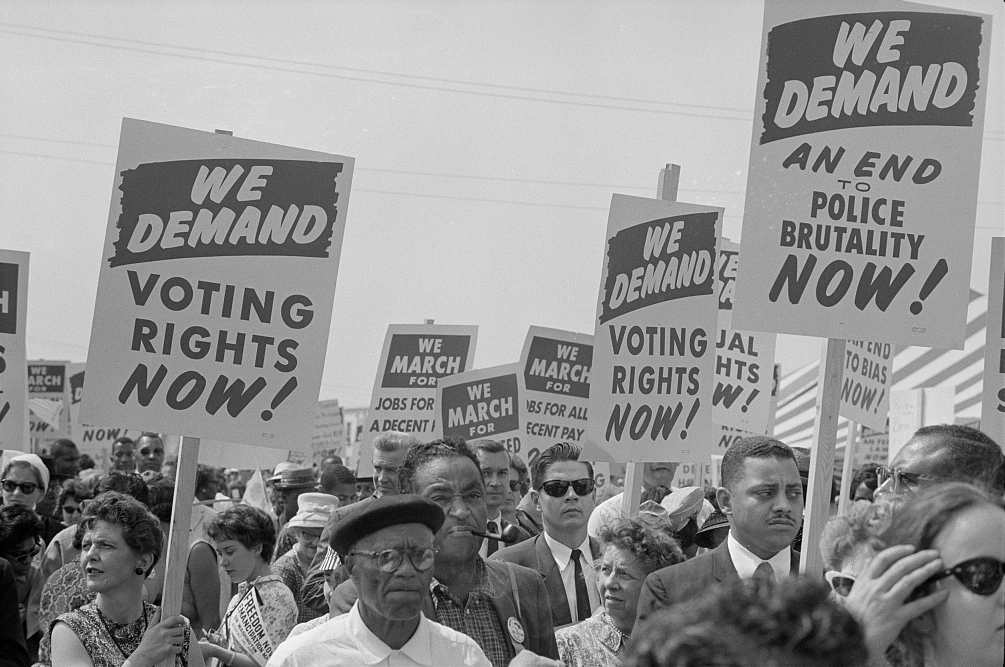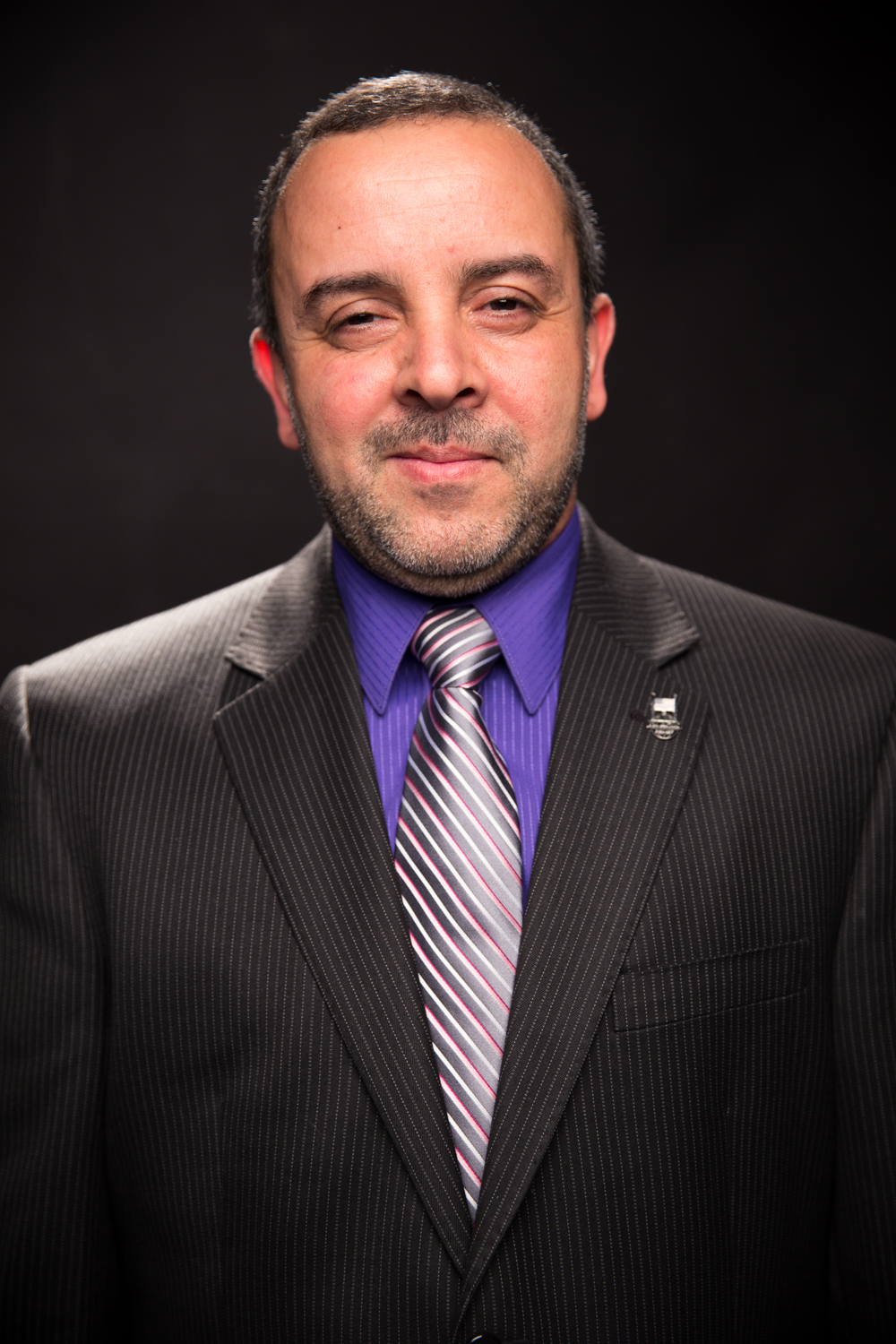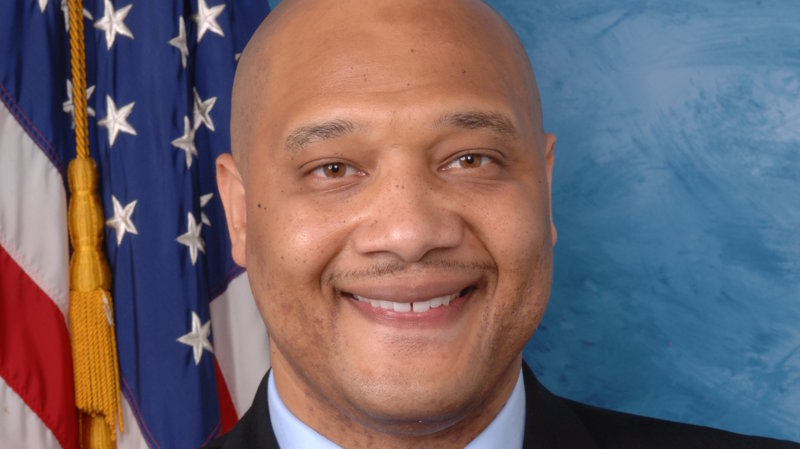Myanmar Refugees: Stories from the Field with Imam Khalid Latif

Imam Khalid Latif shares realtime stories from his visit to Bangladesh with Islamic Relief USA. There, he met refugees from Myanmar and heard their harrowing stories. 500,000 refugees have fled Myanmar, and the number continues to rise with thousands pouring into the camps every day. Read parts of his journey below, and be a part of the relief effort here: www.launchgood.com/Aid4Myanmar.
The Visible Hunger
“Sometimes we eat nothing for days.”

I didn’t know that it was possible to actually see hunger instead of just feeling it. But walking around the refugee camps in Bangladesh these past few days, I’ve learned otherwise. This is what real hunger looks like. Let’s show the world what real love looks like in response.
Food insecurity is quite high amongst the refugee populations from Myanmar. Walking around the refugee camps in Bangladesh, you can see real hunger. If this picture is alarming to you, imagine what he looks like in person. I literally can count every bone on this man’s body because of how visible they are. With no offense intended, it is as if many of them are just walking skeletons at this point. When you add to this the lack of clean water, the results are devastating on an already devastated population.
I am reflecting on a narration in the Prophet Tradition of Islam in which the prophet Muhammad, peace and blessings be upon him, states, “The food of one person is enough for two, and the food of two people is enough for four, and the food of four people is enough for eight.” They don’t have food and water. We can help change that.
Consider sharing your meals today with our brothers and sisters from Myanmar and helping them in their time of need by making a contribution to our relief efforts in the region at www.launchgood.com/Aid4Myanmar
Please share and repost this to help spread awareness of this crisis and to encourage to help out in whatever ways they can.
The Children
“The parable of the believers in their love, mercy, and compassion for each other is that of a body. When any limb aches, the whole body reacts with sleeplessness and fever.” -Prophet Muhammad

Of the 500,000 currently there, it seems like there are more children than anything in these refugee camps. Young boys and girls who have known nothing other than this crisis because they were born into it. I was told that one day 1100 unaccompanied children crossed the border from Myanmar into Bangladesh, fleeing the violence there.
1100 children on their own – just take a moment to think about that. These children had to walk for miles and miles, the lucky ones simply separated or leaving behind loved ones. For most, their parents were likely killed by a bullet, blade, or burned alive by fire.
I can’t imagine that it’s easy for an adult, but how do children un-see conflict and killing? How do they let go of cries and screams that they have heard since the day they were born and stay within them despite their surroundings being different?
This young girl plays by herself, but she won’t be alone so long as we are there for her. As the narration from the Islamic Prophet Tradition states, “The parable of the believers in their love, mercy, and compassion for each other is that of a body. When any limb aches, the whole body reacts with sleeplessness and fever.”
It’s love, mercy and compassion that we need to send to our brothers and sisters from Myanmar and through that love, mercy and compassion helping them in their time of need by making a contribution to our relief efforts in the region at www.launchgood.com/Aid4Myanmar
Noor’s Story
“They set fire to my house and burned my cattle alive.”

I met Noor Alam yesterday during my first visit to the Ukhiya refugee camp in Bangladesh. This particular camp is made up of 7 different settlements and currently 400,000 refugees are staying there with 1000 more people arriving every day on average. Surrounded by his family members, Noor Alam began to tell me what he had seen and lived through. The serenity in his demeanor was in sharp contrast to the severity of the story he shared with me.
Bangladesh opened up it’s borders to those fleeing from the violence in Myanmar on August 25th of this year. Noor Alam decided to leave a few days after, observing the Eid ul Adha holiday in Myanmar before leaving. He vividly described to me the atrocities he and his family experienced. It was horrifying to hear about his house being firebombed. It was even more horrifying to hear that other villagers were first forced into the home, barricades were put up against the doors from the outside so they could not escape, and then the fires were started so those inside would also burn alive. Once that fire was set they moved towards his cattle, burning them alive as well.
Amongst the deceased was Noor Alam’s own brother Mohammed Ali, may God have mercy upon him and all those whose lives were taken by this senseless violence. I can’t imagine what it is like to lose a family in that way let alone during the days of Eid.
Noor Alam left with his remaining family members and walked on foot for 2 days without stopping until they reached the Ukhiya refugee camp. They have been there now for about a month. Noor Alam is not sure what will happen next, but he knows that he will do whatever he can to keep his family safe and away from the violence that they were surrounded by for far too long.
Aasiya’s Story
“This is all we have to drink. What else can we do?”

I met Aasiya Khatun in the Ukhiya refugee camps on Monday in Bangladesh as she was scooping very visibly dirty water out of a hole in the ground in front of her family’s tent.
Aasiya is currently 9 months pregnant and fled the violence in Myanmar 20 days ago alongside her husband and child. She said they use the water for household purposes like cleaning and washing clothes, but also drink it as they have at times no other options. That has lead to her child having severe diarrhea and many other ailments and very likely is impacting the child that is in her womb as well. This water mixes with garbage on the ground, animals drink from it, and the lack of sanitation systems very likely has it mix with sewage from latrines that are nearby. She said at times it’s all they have to drink.
Aasiya said it took her 5 days to walk on foot from Myanmar to Bangladesh and that she and her family members were shot at during different points of their escape. Like many others we met, she too had family members who were forced to enter into a home that would eventually be burned down with them inside of it. To endure all of that while being 9 months pregnant is unimaginable. But she lived it and continues to deal with what is around her every day.
I’ll be sharing more images and specific stories of the 500,000 men and women who were forced to flee from their homes because of senseless violence that has taken the lives of so many. Please help me share their stories by reposting this to help us raise awareness about the crisis in Myanmar.
Please also consider supporting our brothers and sisters in their time of need by making a contribution to our relief efforts in the region at www.launchgood.com/Aid4Myanmar



